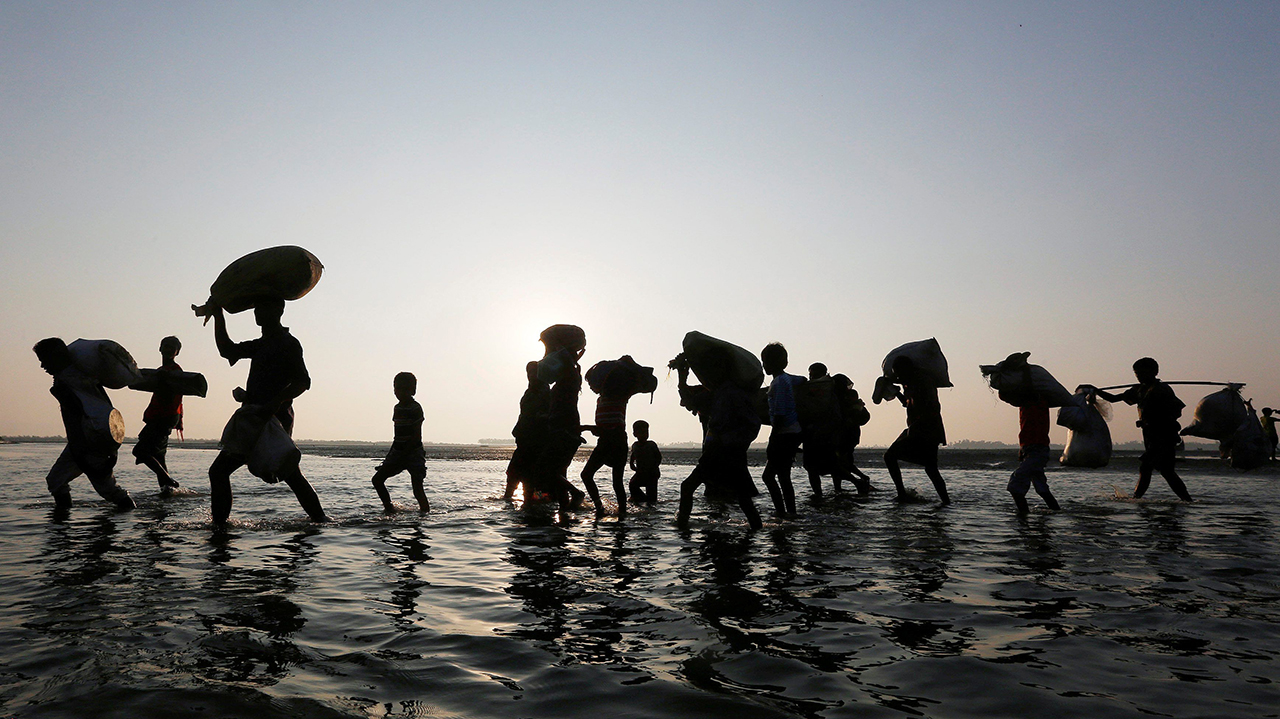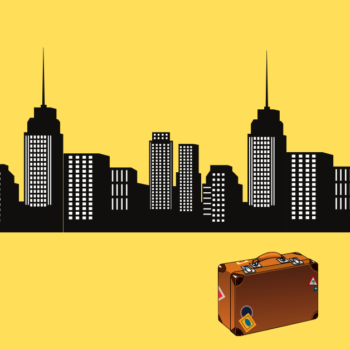
“Rising sea levels,” “Hazy skies,” “Extinct Species,” and “Wildfires” have become everyday headlines. Concern for the natural world is no longer a niche interest. Environmentalists are often painted as animal lovers or ‘tree huggers’, but climate action is not just about plants, animals and oceans. It is also a humanitarian effort, and ultimately a matter of social justice.
Cold truth: Responsibility Lies in the Developed World
Wealthy, powerful countries exacerbate climate issues, but poorer nations feel the strongest impact. Between 1850 and 2011, developed countries contributed 79% of global carbon dioxide emissions according to the Center for Global Development. The European Union and the United States alone accounted for 62% of emissions.

Although developing countries like China currently generate the largest amount of greenhouse gas emissions, these emissions are “outsourced emissions.” While developed nations decrease greenhouse gas emissions within their borders, they import products with large carbon footprints manufactured in developing nations.
In per capita carbon dioxide emissions, the United States ranks fourth while China ranks twelfth and India ranks twentieth. U.S. per capita emissions are nine times the per capita emissions in India. This difference caused by a lifestyle of wealth and excess highlights how wealthier nations subtly perpetuate the climate crisis.
Unequal Impact Globally
Developing countries in South Asia, Africa, The Caribbean and Latin America are especially vulnerable to the adverse effects of extreme weather events such as hurricanes, floods, and heatwaves because of their warmer climates and limited resources to aid in recovery.
Unprecedented heat waves, severe monsoon floods, and melting ice caps worsened by climate change are claiming thousands of lives in India and causing immense economic damage.
In West Africa, the accelerated shrinking of Lake Chad, a source of livelihood for nearly 30 million people, has created a humanitarian crisis with millions of people either requiring emergency assistance and dealing with food insecurity. Combined with population growth and political instability, climatic issues are sparking conflict in the region. In 2018, Nigerian farmers and nomadic herders clashed over farmland.
Severe droughts in Syria caused a mass migration of farmers to urban areas. The migration coupled with an influx of refugees from Iraq increased the social stresses in the country, and fueled the unrest that exploded into a civil war according to a 2015 study. As climate change continues to severely impact hotter, drier climates like the Middle East, more violent conflicts are likely.
More significantly, climate change is creating a humanitarian crisis on a global scale. A 2018 World Bank report finds that by 2050 there could be 140 million climate change migrants from Sub-Saharan Africa, South Asia and Latin America.
The Bottom Line
Wealthier nations must take responsibility and lead the charge to combat climate change. We cannot talk about climate change without talking about social justice because these issues are inextricably intertwined. As we work towards a sustainable planet, we need to adopt solutions that also address global inequality.













No Comments